Speaking on CNBC 's Squawk Box , Jensen Huang said the AI gap between the two powers is narrowing rapidly.
China has made great strides in some core areas, particularly energy and open-source AI models, he stressed.
“China is ahead of us in energy. We are ahead of them in chips. But they are catching up in infrastructure and AI models,” Mr. Huang said.
While US AI models remain more advanced, Huang admits that China's open-source systems — including DeepSeek, Alibaba and Baidu — are “moving very fast.”
He believes that the US needs a flexible strategy, instead of tightening technological cooperation, to maintain its leading position in the global AI revolution.

China's strong rise in energy and domestic chips
China will produce more than 10,000 terawatt hours of electricity in 2024, double the US output, according to the Energy Institute.
This energy advantage allows Beijing to promote the development of large-scale AI data centers - important platforms for training machine learning models.
“Don’t forget that China doesn’t lack chips. They have Huawei and a bunch of innovative startups that are developing advanced AI chips,” Huang noted.
While the US leads in high-end chip design, like the Nvidia Blackwell series, China is pushing its domestic ecosystem.
Huawei plans to launch new computing systems using Ascend chips next year, while Alibaba and Baidu have also begun training AI using self-designed chips, instead of relying on Nvidia.
AI application boom in China
Mr. Huang expressed concerns about the pace of AI application development in China, where a “less restrictive” legal environment helps businesses quickly deploy new technology.
According to a plan by China's State Council, the country aims to have 70% of its population using AI applications by 2027.
“This new industrial revolution will be decided at the application level - where AI penetrates into life and production. I hope the US will be faster in applying AI,” Nvidia CEO emphasized.
He also acknowledged that China is a huge market with more than one billion users, accounting for 50% of global AI researchers and 30% of the world's technology market share.
“This is not a market that can be easily ignored if the US really wants to win the AI race,” he added.
China’s surge is also reflected in the stock market: Alibaba shares are up nearly 180%, while Xiaomi’s are up 125% over the past year, as investors bet on domestic chip and AI advancements.
America needs to “open up” to maintain its leading position
Huang warned that US restrictions on technology exports could isolate the country. “We are locking up US technology within our borders and leaving the rest of the world open to competitors,” he said.
To win, he said, the US must ensure its “tech stack” – including chips, infrastructure and software – is widely used globally.
Citing White House AI adviser David Sacks, Mr. Huang said: “If American technology accounts for 80% of the world, we are winning. But if it is only 20%, we have lost.”
He stressed that companies like Azure, CoreWeave and Anthropic AI are playing a key role in promoting the spread of American technology globally.
(According to CNBC)
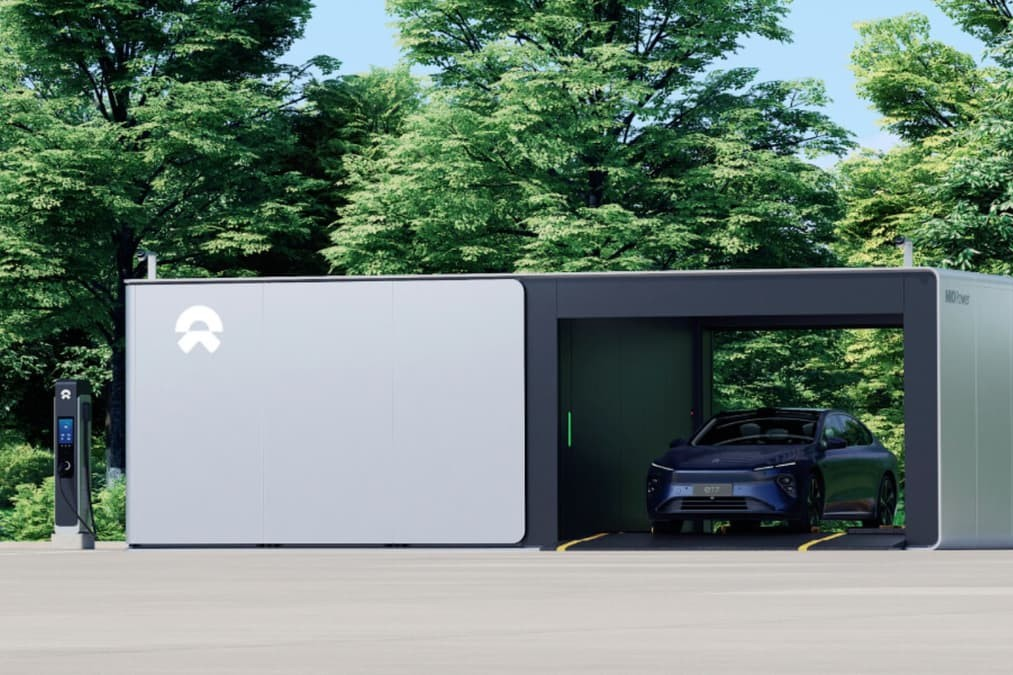
Source: https://vietnamnet.vn/jensen-huang-my-khong-con-bo-xa-trung-quoc-trong-cuoc-dua-ai-2450704.html


![[Photo] Prime Minister Pham Minh Chinh chairs a meeting of the Government Standing Committee on overcoming the consequences of natural disasters after storm No. 11](https://vphoto.vietnam.vn/thumb/1200x675/vietnam/resource/IMAGE/2025/10/09/1759997894015_dsc-0591-jpg.webp)

![[Photo] General Secretary To Lam visits Kieng Sang Kindergarten and the classroom named after Uncle Ho](https://vphoto.vietnam.vn/thumb/1200x675/vietnam/resource/IMAGE/2025/10/09/1760023999336_vna-potal-tong-bi-thu-to-lam-tham-truong-mau-giao-kieng-sang-va-lop-hoc-mang-ten-bac-ho-8328675-277-jpg.webp)
![[Photo] President Luong Cuong attends the 80th Anniversary of the Traditional Day of Vietnamese Lawyers](https://vphoto.vietnam.vn/thumb/1200x675/vietnam/resource/IMAGE/2025/10/09/1760026998213_ndo_br_1-jpg.webp)


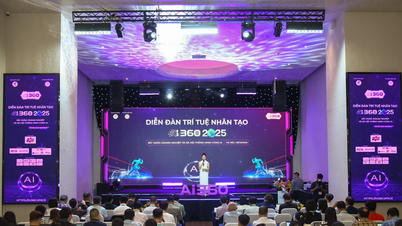

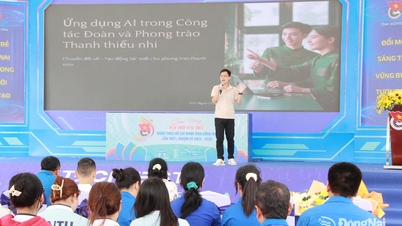




















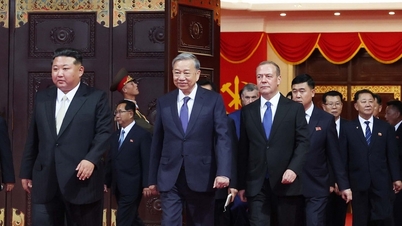












































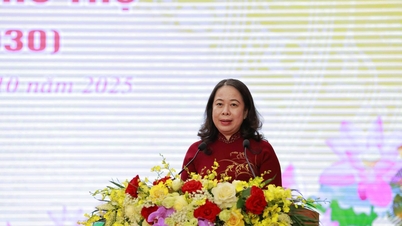
























Comment (0)